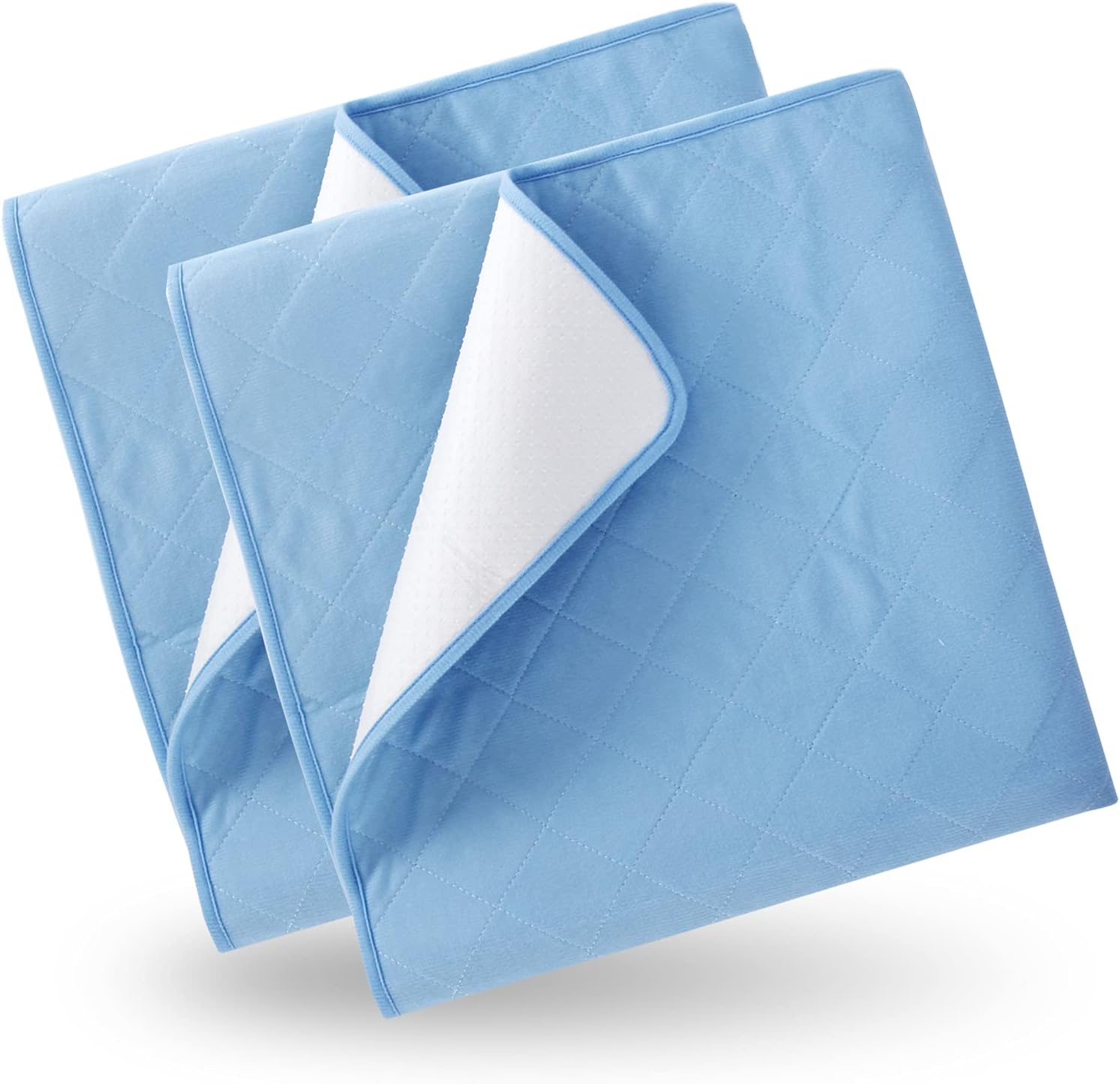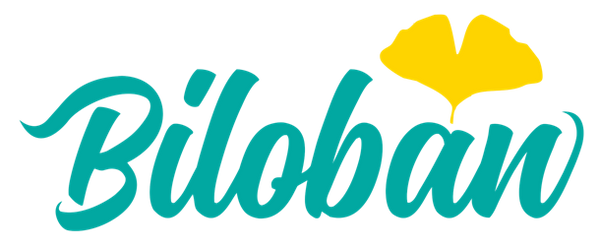Babies, like all humans, get thirsty. But before you reach for that bottle of water to feed your newborn, know that an infant under 6 months of age simply doesn’t need water. Especially if they are breastfed. In fact, health authorities worldwide warn against giving newborn babies water due to the risk of diarrhea and malnutrition. There’s also the risk of water intoxication to consider. Breast milk more than makes up for the absence of plain water in a baby’s diet while plying them with the nutrients their body needs.

Newborns Don’t Need Water
Breast milk has very high water content – in fact, water makes up about 80 percent of the milk, particularly the initial milk your baby gets at the start of each feed. That’s why breast milk is great to quench a newborn or young infant’s thirst while also giving them the nutrition they need.1 What’s more, the breast milk contains antibodies that protect the baby from infection even as their own immune system develops.
As the UK National Health Service explains, breast milk gives your baby the perfect balance of nutrients their little body needs to develop and flourish. In the absence of proper milk supply, infant formula may also be needed in some cases. Formula tries to replicate as closely as possible the nutrient profile of breast milk. Of course, if you can, breastfeeding remains the best option.
Water, unfortunately, contains none of the proteins, carbohydrates, vitamins, enzymes, or antibodies of breast milk nor the nutrition of formula. It simply serves the purpose of quenching an infant’s thirst and nothing more. And this is often at the cost of other nutrition and even at the risk of infection, as you will see in the following sections.
Giving Water To A Young Infant Has Health Risks
Potential problems of giving a baby water include:
Diarrhea: One big reason to avoid giving your baby water is to lower the risk of an infection. If the water or the container in which it is given to them is even mildly contaminated, the young baby may develop diarrhea.
Malnutrition: Even if you are sure that the water is absolutely pristine, you could run the risk of your baby becoming malnourished. Why? Because the water fills up their tiny stomach and may cause them to drink less breast milk or formula than normal. Some babies may even wean themselves off breastfeeding earlier than they should, putting them at risk of malnutrition.
Water intoxication: Another danger of giving a baby water is that they could develop water intoxication, a potentially dangerous condition which may even cause seizures and be marked by declining brain activity, besides making a child drowsy and irritable. Physicians from the Johns Hopkins Children’s Center explain that even the youngest infant has a thirst reflex which will cause them to drink if offered water. Unfortunately, the newborn’s kidneys are not yet strong enough to deal with excessive water intake. The result? Sodium is purged along with excess water through the urine, bringing on the symptoms mentioned earlier.
Reduced maternal milk supply: This is another issue with decreased milk intake by the baby when they are given water. Your own milk supply may reduce as the body produces less milk as the baby consumes less. This exacerbates the malnutrition risk.
Baby pillows and baby pillowcases in Biloban.This product is specially used for newborns.It differs from other products in that it USES 100% cotton fabrics based on the characteristics of the newborn and USES a safe and hygienic, low-sensitized polyester filler as a pillow.To reassure every mother.
We have the best Pack N Play mattress pad.If you want to buy more of our crib products, please visit our facebook page or visit www.biloban.com




